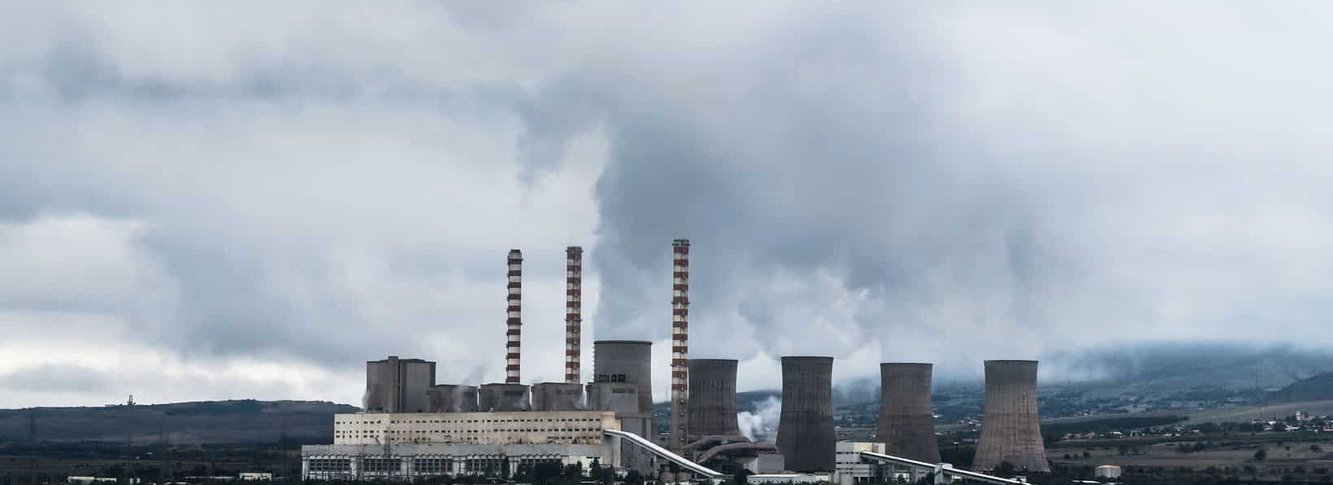| 9 mins read
David Cameron’s announcement that the Government would legislate to force energy companies to put customers on their lowest tariffs sounded good for a couple of hours. But it quickly unravelled, with even consumer groups arguing that it was unworkable and would destroy what little competition there is in the energy market, forcing prices up not down. It neatly symbolised the current disarray in the Government’s energy policy, which is fast approaching crisis point. As it prepares to publish its long-awaited Energy Bill, the choice at stake could not be more critical: whether Britain moves towards a low carbon energy system which contributes to tackling climate change, or a continuing fossil-fuel-based one which locks in high greenhouse gas emissions for the next forty years.
The Bill will set out a new system for regulation of Britain’s energy market. The task is to incentivise the private energy sector to install the £100bn-plus of investment needed to keep the lights on, replacing ageing power stations and upgrading transmission grids, while keeping energy prices competitive.
Given the different needs of different technologies – principally renewables, nuclear and gas – this was never going to be easy. But in the last few months a huge fissure has opened up in the Coalition which has left the Bill drafting process in complete confusion. In a leaked letter in July, George Osborne told the Energy Secretary Ed Davey that support for renewables should be capped, and Britain should meet its energy needs instead through a major expansion of gas-fired power.
Davey might have resisted. Instead, he acceded to the Chancellor’s demand and last month announced a new ‘dash for gas’, with twenty new gas-fired power stations to be built over the next twenty years. Since ministers cannot decide how many gas power stations get built (the energy companies do that), the announcement could only have been a signal that indeed the incentives for renewables would be cut.
The result has been uproar. With the UK’s low carbon energy goals apparently to be cast aside, the energy companies, their investors, and the green technology businesses which supply them have been left facing huge uncertainty about their own futures. Last week it was revealed that seven of the largest firms had written to the Government threatening to abandon their multi-billion pound investment plans in the UK – with thousands of jobs at stake – if policy certainty was not quickly restored. At the same time over fifty of Britain’s largest companies publicly urged the Government to commit itself to a low carbon energy policy. The Government’s own Committee on Climate Change took the unusual step of warning the Government publicly that a new dash for gas risked breaching the UK’s legally-binding carbon targets.
The choice between gas and renewables is not absolute. Gas is a flexible fuel which can supply the back-up needed when wind and solar are not flowing. With carbon capture and storage (CCS), it can even become low carbon. If coal-fired plants were phased out more quickly – the best way of cutting emissions – there is certainly room for more gas. But Osborne and his supporters on the right of the Conservative Party, backed by the Daily Mail and Telegraph, explicitly reject both back-up capacity and CCS, and oppose regulation of coal emissions. Citing the huge increase in shale gas which has transformed the American energy market in recent years, they want gas to become the centrepiece of Britain’s energy future. They have been supported by a major lobbying effort among the fossil fuel companies, led by Shell.
But the argument made is false. In the US it is true that shale gas has slashed energy prices, forcing the closure of many coal-fired power stations and thereby reducing US emissions. But as Chatham House and others have pointed out, the UK and Europe do not have accessible shale gas in anything like the same volume, it will be some years before it can be commercially exploited (even if environmental objections to the ‘fracking’ process are overcome), and it is unlikely to be cheap. On the contrary, as two separate analyses published this week have shown, there is a major risk that future gas prices will be much higher than they are now. It was striking that the CBI’s John Cridland immediately repudiated Davey’s announcement, warning that excessive reliance on gas would leave the UK exposed to dangerous global price and supply fluctuations.
The Conservative right complain of the cost to consumers of green policies. But the Climate Change Committee has shown that such policies have contributed only a sixth of the price rises consumers have experienced over the last decade. Almost all the rest has come from the rising cost of gas. It is precisely this which has caused the energy giants to increase their prices again this week.
As the Government’s own analysis shows, there are no cheap energy futures, whatever technologies are chosen. The huge advantage of renewables is that, once built, the fuel is free, and home-grown. The answer to rising prices is therefore not to abandon the low carbon agenda, but to reinforce it through higher energy efficiency. Yet just when this is needed, the Government’s other flagship energy policy is also in a mess. The ‘Green Deal’ programme will allow householders to pay for efficiency measures out of future bill savings. But by insisting on an entirely private-sector-driven scheme, without backing from its own Green Investment Bank, the Government has ensured that the interest rate faced by consumers will be prohibitive, and on current design take-up is expected to be feeble.
So will the Energy Bill confirm that George Osborne and the Tory Right have won and Britain is now dashing for gas? The whisper in Whitehall is that a compromise may be reached, in which Davey gets a ‘decarbonisation’ target for 2030, while Osborne imposes a cap on renewable subsidies. But this would not be a compromise at all. For investors, an aspirational target almost two decades hence is worth little – you can’t bank money on it. What matters is the regime in place for investment now, and if the subsidies are capped, that will inevitably mean (with nuclear protected) that renewables are displaced by gas.
This is a real test both for the Liberal Democrats and for David Cameron, whose famous promise that the Coalition would be ‘the greenest government ever’ is starkly on the line. Interestingly, the Opposition can play the crucial role. Even if Osborne gets his way when the Bill is published, the natural coalition here is between Labour and the Lib Dems, in support of low carbon. So Labour should announce that it is ready to work with the Government to improve the Bill. Cross-party consensus is vital on an issue where investors need to know that the policy regime will not change if the Government does. They should then co-operate with the Lib Dems and the remaining green Tories in Parliament to ensure the Bill is amended to support renewables and energy efficiency and constrain the dash for gas. In the battle for Britain’s low carbon future, events are about to get interesting.
A shorter version of this article appeared in the Guardian.







